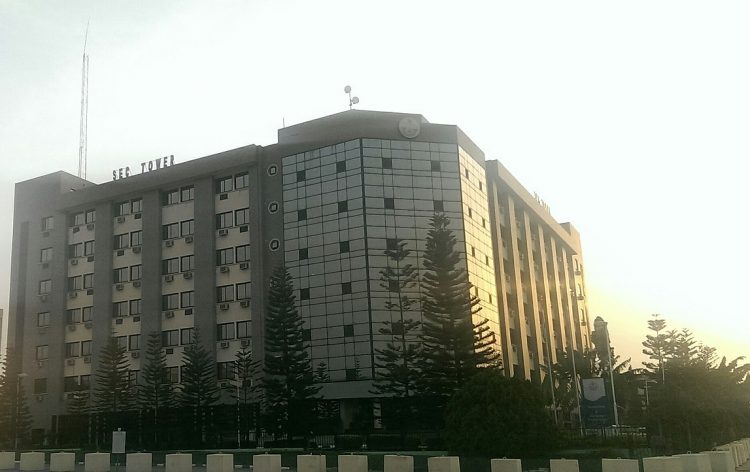Nigeria’s regulator takes an example from an Italian counterpart

The SEC Commission has re-published the blacklist of illegal forex brokers of the Italian CONSOB.
The financial regulator of Nigeria, the Securities and Exchange Commission, has turned to international supervisory practices concerning the OTC alternative Forex trading industry. In a recent report, the SEC commission drew the attention of citizens to unfair practices with which the Italian colleague CONSOB has been aggressively fighting recently.
A recent SEC release declared that the attention of the Securities and Exchange Commission was drawn to a public notice by the Italian financial regulator, Commissione Nazionale per le Società e la Borsa (CONSOB), regarding six online forex brokers who conduct illegal activities and are misleading in offering retail services of the Forex market and other financial products,
Namely, they warned the Italian financial authorities about the illicit activities of brands: ACE Capital (ftefxpro.com), KS-Securities (ks-securities.com), Local Trader (localtrader.app, libramarkets.com), RMT500 (rmt500. com), Tradepoint Systems (atlantika.io) and RL Limited (Royaltd24.com).
It is worth noting that, as a rule, after a warning, the CONSOB Commission issues an order to block domains that illegally offer financial services to citizens of the country.
‘Decreto Crescita’ in Nigerian
The SEC release also said that the above list of illegal forex brokers was far from complete. It would be updated as the Commission (SEC) receives a relevant additional acknowledgement.
The Commission reminds investors that regulatory standards for the online forex trading industry are still under development, and no company has been registered in Nigeria as an online forex broker.
The West African regulator also draws the attention of investment services consumers to the fact that Forex trading is very risky, as most investors often lose their money. The regulator of Nigeria added that those who were nevertheless engaged in Forex trading should be fully aware that they do this at their own peril and risk.
As for the Italian regulator CONSOB, which served as an example to an African colleague, it has recently been pursuing a rather unprecedented aggressive policy regarding the OTC market. So, for example, the Commission added another six domains to the blacklist – candidates for blocking, and the total number of illegal immigrants who got into the ban reached 168. All this is due to the special powers that CONSOB received, the so-called ‘Decree of Crescita’.


























Comments (0 comment(s))